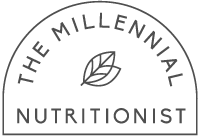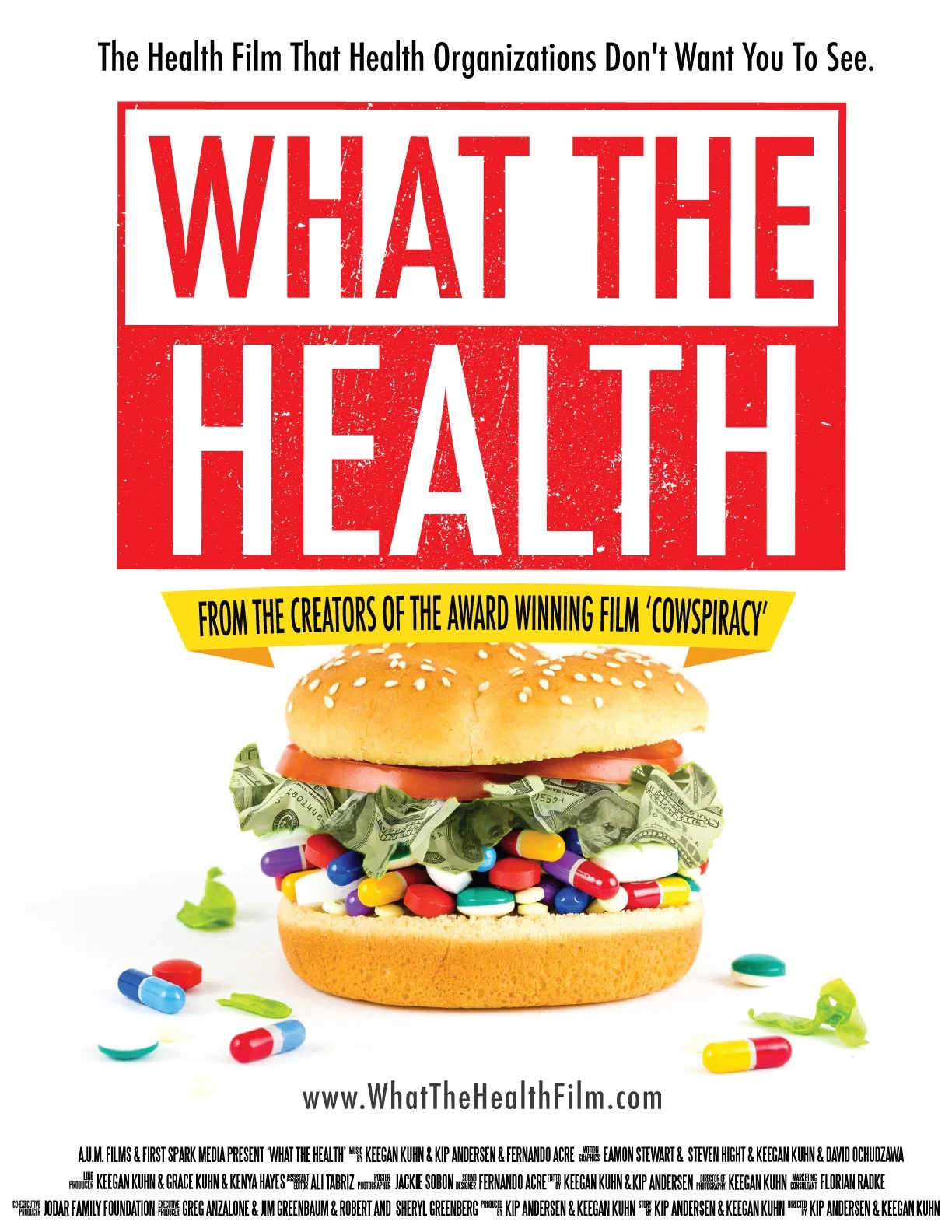Is Raw Milk Healthy For Me?
Written by Margaret (Maggie) Prosser, BS, CPT
In recent years, discussions about dairy consumption, its impact on health, and its ethical implications have gained significant traction. Amidst the plethora of information available, it can be challenging to separate fact from fiction. Episode 119 debunks the most common myths about the dairy industry and dairy consumption. Callie Yakubisin, RDN, from The Dairy Alliance, joins us to talk about the role dairy foods play in a sustainable diet. Our mission is not only to educate but also to empower listeners to make informed choices about their dietary habits and lifestyles.
Some key takeaways from this episode include:
Milk alternatives can fit into a healthy diet, but alternatives lack essential nutrients including similar amount of protein (with the exception of soy-based alternatives), calcium, magnesium, vitamin B12, riboflavin, vitamin A, vitamin D, zinc, potassium, and selenium, among others .
People don’t need to be dairy free unless they have a milk protein allergy. In this case the person should not eat dairy. A milk allergy is not the same as lactose-intolerance. An allergy creates an immune response and can be life threatening. Lactose intolerance is the inability to digest milk sugars leading to GI distress.
Dairy does not specifically cause inflammation. Chronic diseases are described as inflammatory . Dairy is part of our dietary guidelines which have been proven to decrease risk of chronic diseases.
Raw, or unpasteurized, milk is not recommended for anyone. Raw milk can be unsafe to consume due to the potential harmful bacteria that can cause food borne illness.
Links mentioned
Connect with us!:
Join our Millennial Living Membership for healthy recipes, grocery lists, monthly challenges, and more! https://themillennialnutritionist.com/membership





